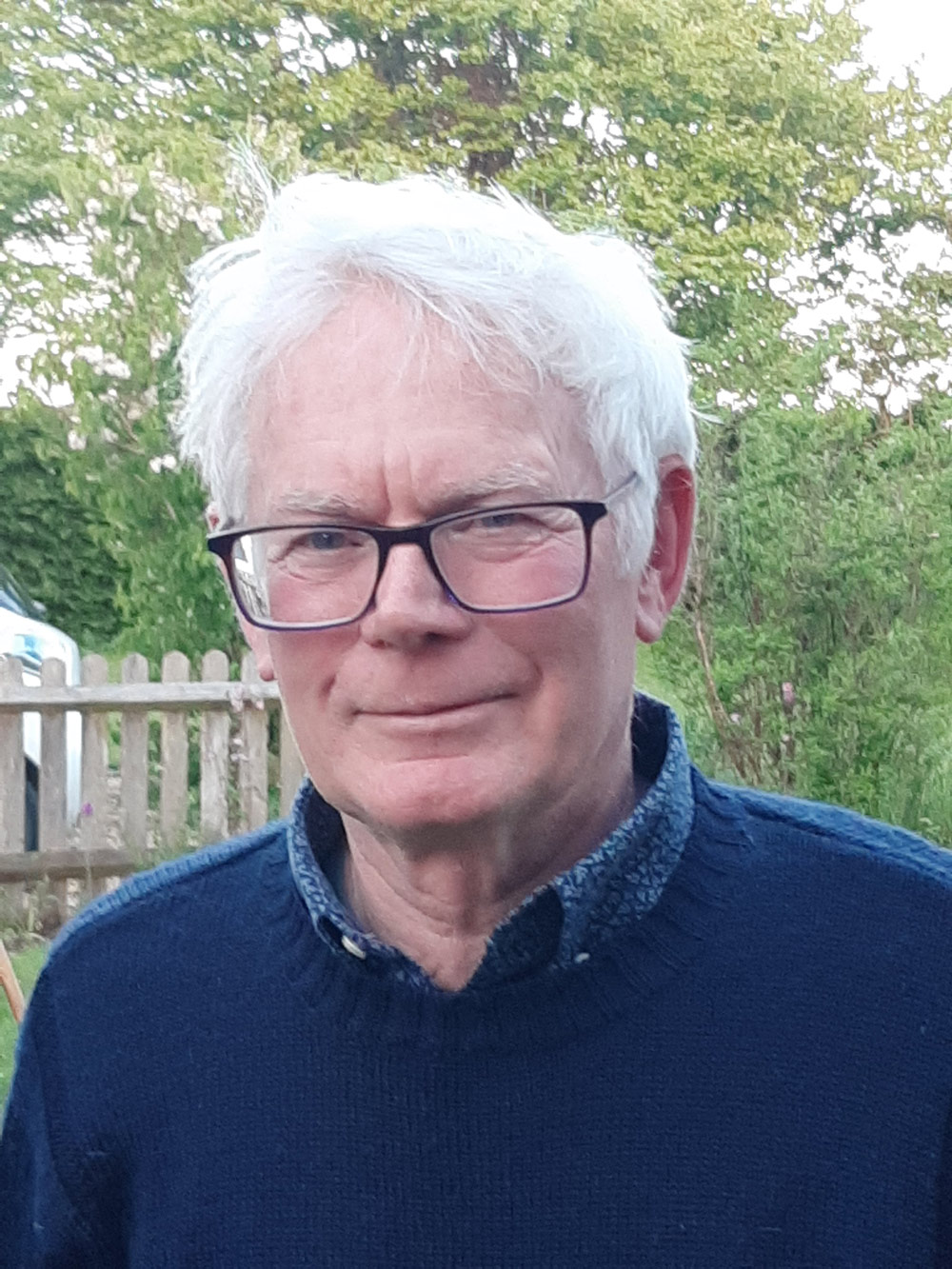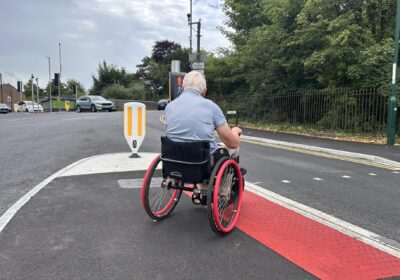October was Black History Month in Dorset, marked by music, poetry and theatre in many venues, including the Shire Hall and the Lighthouse in Poole.
An event organised by Dorset Stand Up to Racism made me reflect upon Dorset’s part in a shameful aspect of our past – the development of the trans-Atlantic slave trade and the establishment of slavery in the Caribbean.
In Dorchester’s Shire Hall, in the courtroom where the Tolpuddle Martyrs faced their fate, award-winning artist Sophie Molins put sugar in the dock.
Sophie played both defendant and barrister for the prosecution. Wearing a lawyer’s gown, or sporting a fan as Miss Sugar Sugar, she explained how sugar had driven a trade which resulted in the deaths of millions of black slaves.
Sophie said that greed and sugar had gone hand in hand, and that slavery had given birth to racism.
The ancestor of South Dorset MP Richard Drax, she explained, had set up one of the first slave plantations on the island of Barbados. It was this ancestor, James Drax, who introduced ‘chattel slavery’ to the Caribbean, through the Barbados Slave Code of 1662. Slaves, together with their descendants in perpetuity, were declared property by this code. They were to be considered not as human beings but as assets, to be worked to death if this resulted in profit.
Dorset Stand Up to Racism and Dorset journalist and academic Paul Lashmar have revealed how our MP still owns Drax Hall, his family’s plantation on Barbados. Sugar is still grown there.
Channel 4 News last year sent a reporter to the island who spoke to poet laureate Esther Phillips about Drax Hall. When she was a child, Esther said, walking there, she had walked on the bones of her ancestors.
Barbadian MPs and Ministers have asked Mr Drax to make reparation for the actions of his ancestors. The vice-chancellor of the University of the West Indies, Sir Hilary Beckles, has added his voice to the call for restitution.
In 2021, Dorset Stand Up to Racism held a March against slavery outside the gates of Mr Drax’s Dorset estate, Charborough Park. TUC general secretary Frances O’Grady called upon him to make reparation to the people of Barbados.
Prince Charles, visiting Barbados when it became a republic, acknowledged the ‘atrocity of slavery’.
To date it seems Mr Drax has not engaged with requests for reparation. The Dorset Echo has reported him saying he cannot be held responsible for events that took place so long ago.
It is worth remembering the MP for Weymouth from 1818-37, Thomas Fowell-Buxton, was a fervent abolitionist. He took on the mantle of William Wilberforce when that great reformer died, working tirelessly for the ending of slavery. A statue commemorates Fowell-Buxton in Weymouth, along with one in Westminster Abbey.
One of his sayings still rings true: “One of the ill effects of cruelty is that it makes the bystanders cruel”.
CHRIS BRADEY
Chairman, Swanage and
Rural Purbeck
Labour Party










Leave a Reply